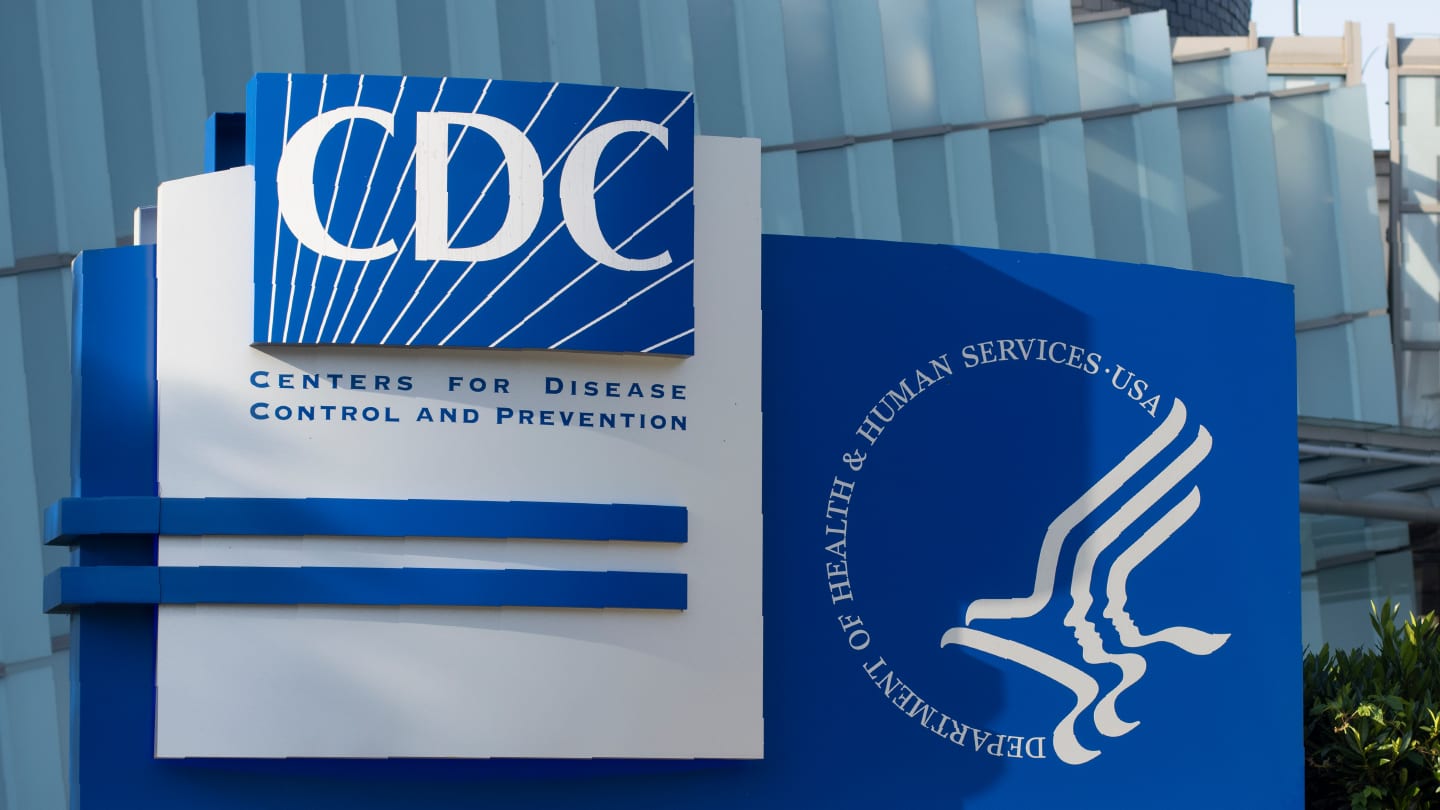
ACIP votes to eliminate thimerosal from flu vaccines
On June 26 the CDC’s Advisory Committee on Immunization Practices (ACIP), now composed of members appointed by Health Secretary Robert F. Kennedy Jr., voted to recommend against the use of flu vaccines containing thimerosal, a mercury-based preservative. This decision follows a presentation by Lyn Redwood, a former leader of an anti-vaccine group, who claimed thimerosal is neurotoxic. However, extensive research by the CDC and FDA has found no evidence linking thimerosal to health issues beyond minor injection site reactions. Thimerosal has been largely phased out of US vaccines since 2001. Critics argue that removing thimerosal could increase vaccine costs and reduce accessibility, especially in low-resource areas where multi-dose vials are more practical. Cody Meissner, the sole dissenting vote, emphasized that the risk of influenza outweighs any unproven risks from thimerosal and cautioned that the recommendation might undermine public trust in vaccines.
US President Donald Trump terminates federal subscriptions to Springer Nature
The Trump administration terminated federal contracts worth millions with Springer Nature, a leading scientific publisher, halting subscriptions funded by agencies like the National Institutes of Health. This move aligns with a broader effort by President Trump and the MAGA movement to challenge academic institutions perceived as promoting "woke" ideologies, including diversity, equity, and inclusion initiatives and gender-affirming care policies. Earlier in the year, the Justice Department questioned Springer Nature's editorial practices, accusing the publisher of partisanship and ideological advocacy. Donald Trump Jr. also criticized the use of taxpayer money to support publishers perceived as ideologically biased. Springer Nature, which recently retracted hundreds of flawed studies due to compromised peer-review processes, declined to comment on the funding cuts. Free speech advocates have raised concerns that the administration's actions could threaten editorial independence and lead to self-censorship within the scientific publishing industry.
RFK Jr. criticizes Gavi, withdraws funding
US Health Secretary Robert F. Kennedy Jr (RFK Jr.) announced that the country will cease financial contributions to Gavi, the global vaccine alliance, citing concerns about vaccine safety. In a video message at Gavi’s fundraising summit in Brussels, Kennedy criticized Gavi’s handling of COVID-19 vaccine recommendations and questioned the safety of the diphtheria, tetanus, and pertussis vaccine, despite lacking evidence to support these claims. He urged Gavi to rebuild public trust and justify the $8 billion in US funding it has received since 2001. Gavi responded by reaffirming its commitment to evidence-based practices and highlighted the role of vaccines in significantly reducing child mortality in low-income countries. Despite the US withdrawal, other major donors, including Germany, Norway, and the Gates Foundation, have pledged support towards Gavi’s goal of raising $9 billion for its 2026-2030 operations.
Hope for hemophiliacs
Pfizer has announced positive topline results from its phase III BASIS study evaluating Hympavzi (marstacimab) for adolescents and adults with hemophilia A or B who have developed inhibitors. The study demonstrated that once-weekly subcutaneous administration of Hympavzi significantly reduced the annualized bleeding rate (ABR) by 93 percent compared to on-demand treatment with bypassing agents. This superiority was also observed across all secondary bleeding endpoints, including spontaneous, joint, and target joint bleeds. Hympavzi was generally well-tolerated, with no reported deaths or thromboembolic events. The treatment offers a once-weekly subcutaneous injection requiring minimal preparation, potentially reducing the treatment burden for patients. Pfizer plans to discuss these findings with regulatory authorities to initiate filings for Hympavzi's approval in this patient population. Hympavzi operates via a mechanism distinct from traditional factor replacement therapies, targeting the tissue factor pathway inhibitor to restore hemostatic balance. Further analyses of the full phase III dataset are ongoing, with additional data presentations planned for upcoming medical meetings.
Research
Pramipexole’s potential in depression treatment
A recent University of Oxford-led clinical trial has demonstrated that pramipexole, a medication traditionally used to treat Parkinson’s disease, can significantly alleviate symptoms in individuals with treatment-resistant depression (TRD). The study involved 150 participants who had not responded to at least two prior antidepressant treatments. Over a 48-week period, participants received either pramipexole or a placebo in addition to their existing antidepressant regimen. Those administered pramipexole experienced notable improvements in depressive symptoms by the 12th week, with benefits sustained throughout the year-long study. However, side effects such as nausea, sleep disturbances, and dizziness were reported, leading approximately 20 percent of participants to discontinue the medication. Pramipexole's mechanism, which enhances dopamine levels, differs from most antidepressants that target serotonin, potentially accounting for its effectiveness in TRD cases.
Brewing the future of peptide therapies
An international research team led by Ca’ Foscari University of Venice has engineered brewer’s yeast into microscopic fluorescent factories capable of producing diverse macrocyclic peptides – molecules with significant therapeutic potential. These peptides offer precise targeting, stability, and reduced side effects compared to traditional drugs. Traditional discovery methods are often slow, complex, and environmentally taxing. To address this, scientists modified yeast cells to individually generate unique peptides, each emitting fluorescence upon production. This innovation enabled the rapid screening of billions of variants within hours, enhancing both speed and sustainability. Structural analyses confirmed the peptides' strong binding capabilities, underscoring their therapeutic promise. The project, involving collaborators from Japan, China, Switzerland, and Italy, received support from the EU’s Next Generation EU initiative. A patent has been filed, and the technology has been acquired by the startup Arzanya S.r.l., aiming to advance drug discovery for challenging medical targets.




